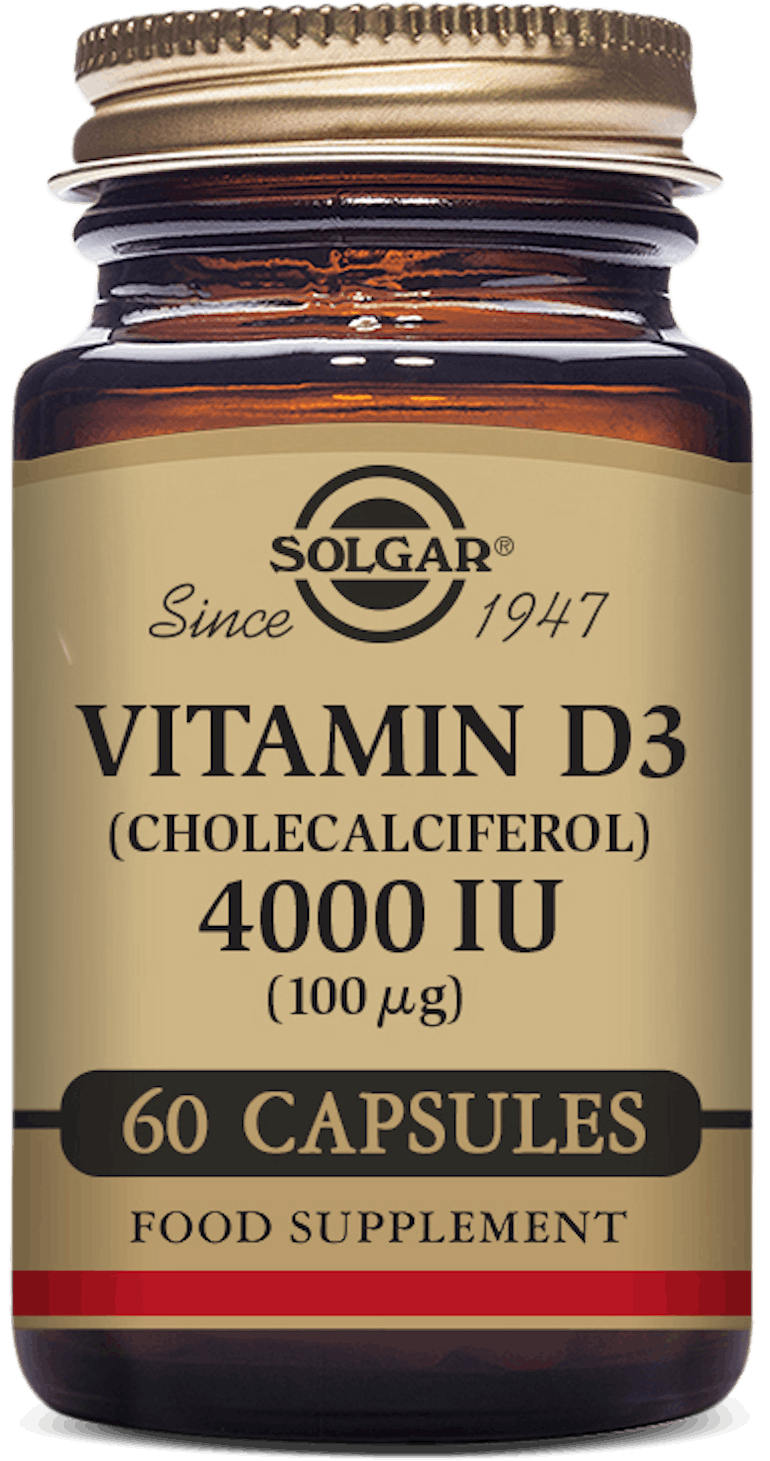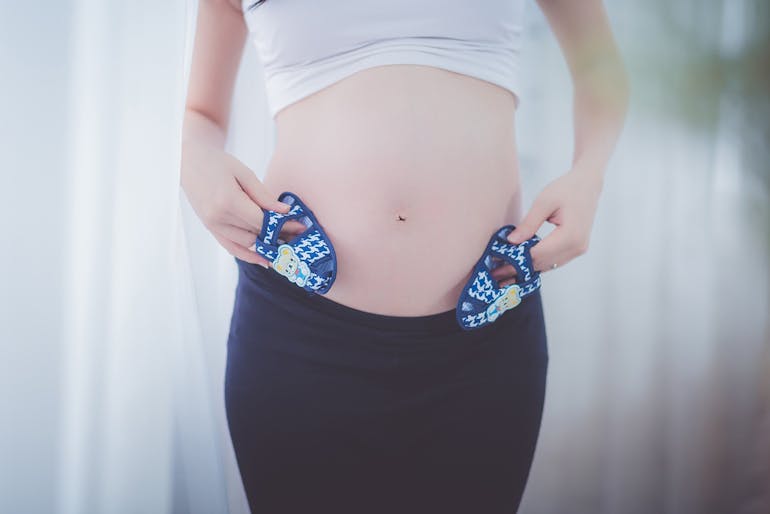Are you using these top 3 fertility boosting supplements for men and women?
Reviewed and fact-checked by Giulia Guerrini, Superintendent Pharmacist. Read our editorial policy to see how we create informative, accurate content.
Deciding what supplement is best to take when trying to conceive can be overwhelming considering there are so many options now available. Of course, taking an antioxidant supplement won’t be harmful to your body, but does it actually help to conceive and where is the evidence? Also, should both men and wome>
Although some supplements might be specific for women trying to conceive, it’s equally important that both partners look after their diet and nutrition and integrate with supplements when necessary in order to increase their chance to have a baby. But what supplement to take? Let’s simplify this choice and >
Folic Acid (women)
Folic Acid is the star of all supplements in this category and a must-take supplement for all women trying to conceive and during pregnancy.
Why should you take it?
Folic Acid doesn’t specifically help you get pregnant, but it is vital for a healthy pregnancy, therefore must be taken starting at least from 3 months before trying to conceive. It works by helping the body with the rapid cell pr>
What is the right dosage to take?
The dosage is 400 mcg of Folic Acid every day from 3 months before trying to conceive, until the 12th week of pregnancy. Of course, you can implement this with food containing folic acid, such as green leafy vegetables, citrus fruit, and beans, but to get the right amount to prepare for a healthy pregnancy >
Tips when buying a Folic Acid supplement: choose a supplement containing Folic Acid in the form of "methylfolate or metafolin". This form of Folic Acid doesn’t require to be broken down by your body in order to be used, therefore it is more available and easily absorbable.

Vitamin D (both men and women)
Vitamin D plays many important roles but is most important to keep good bone and heart health. It is a very popular vitamin nowadays, especially in Northen climes where the sun is weak and summer is short, everyone should supplement Vitamin D during the winter months. This is particularly true to anyone try>
Although the evidence for vitamin D and fertility is not conclusive, several studies have found that there is a correlation between normal vitamin D blood levels and higher pregnancy rates in women. Saying that I suggest both partners take it, as poor nutrition or lack of some vitamins can affect sperm prod>
What dosage of Vitamin D should I take?
How much you should take depends on your vitamin D blood level, so I suggest to take a blood test first and then adjust the dosage accordingly. For women trying to conceive a dosage of 400IU/600IU daily i>
What Vitamin D3 supplement should I choose?
You can find vitamin D in most supplements for conception or you can purchase it on its own if you think you already get the other nutrients through a balanced diet.

Omega-3 (men and women)
Omega-3 also plays an important role both in men and women trying to conceive. Omega-3s are involved in egg quality, ovulation, and implantation, but also positively affect the viability, maturity, motility, and functionality of sperm.
Fish is a good natural source of Omega-3 fatty acid, but if you don’t eat a lot of fish, taking a supplement is highly recommended.
An average dose of 600mg of Omega-3 per day is good to maintain good levels.


